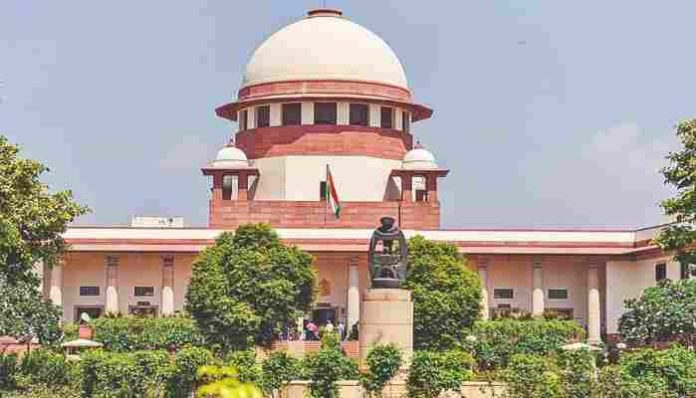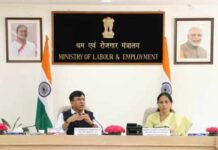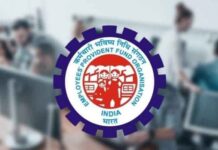
Supreme Court observed that the appellants had to fight for their entitlements. The Supreme Court has held the judgement that the leave encashment is part of the salary.
The appellants were appointed against sanctioned posts by the fourth respondent (a senior secondary school, established and controlled by the fifth respondent trust, hereafter referred to collectively as the “establishment”) in 1993.
Supreme Court relied upon the case of State of Rajasthan and Anr. v. Senior Higher Secondary School, Lachhmangarh and observed that leave encashment is part of salary.
They continued to work uninterruptedly in that establishment on a regular basis. The establishment was the recipient of grant-in-aid from the State of Rajasthan (hereafter, “State”). By a unilateral resolution dated 5th November 2008, the managing committee of the establishment decided to discontinue receipt of grant-in-aid from the State with effect from 1st April 2008.
Accordingly, the State by an order dated 28th December 2012 ceased to grant aid with effect from 1st March 2012.
In the meanwhile, the State had framed and brought into force the Rajasthan Voluntary Rural Education Service Rules, 2010 (hereafter, “2010 Rules”) with the objective of providing security to the employees working in aided institutions, and absorbing them into the State’s service. The appellants sought their absorption with the State in accordance with the rules, by unavailingly representing in this regard.
Finally, they were driven to file writ petitions before the High Court. The State had, pursuant to the rules framed by it, absorbed other employees and teachers from aided institutions, but denied this benefit to the appellants.
The appellants’ writ petitions were clubbed with several other petitions and disposed of by the High Court, refusing to direct the State to absorb these employees.
The employees, including the appellants, unsuccessfully sought a review of those orders; which was rejected on 29th November 2013. The appellants thereafter approached this court by petitions for special leave to appeal questioning the orders of the High Court.
Analysis and Conclusions
Neither has Rule 82 changed nor has any other material been brought to the notice of the court, to say that the management, i.e., respondent nos. 3-7 are absolved of their liability to pay gratuity, upon the termination of their relationship with the appellants as their employers. Rule 82 is a condition of the grant, which meant that the management establishment was conscious and aware of its liability when it applied and was granted aid, under the 1993 Rules. Therefore, it cannot escape its liability on that score.
Court Orders
In view of the above discussion, it is held that with respect to leave encashment, the State and the respondent nos. 3 to 7 are liable to pay the appellants, in the ratio of 70:30 respectively.
The respondent State shall, within four weeks from today, determine the extent of entitlement of each appellant, and communicate the extent of the amount payable by the management establishment (respondent nos. 3 to 7), to the appellants.
These amounts shall be paid by all the respondents, within six weeks from today. The respondent nos. 3 to 7 shall also calculate and pay the amount of gratuity, to the appellants (on the basis of their initial date of entry in the school, till the date of order of absorption, by the respondent State), within six weeks from today.
Since both sets of respondents contested their liability and denied them to the appellants, the amounts payable to the appellants shall also carry interest, at the rate of 10% from the date(s) of their entitlement, till the date of payment.
The impugned order is therefore set aside. The appeal is allowed in terms of the above directions. There shall be no order on costs. The full judgement can be read by a click here.








